For aspiring superheroes, gravity might seem like the enemy holding them down. But in reality, gravity is the force that keeps life on Earth safe and stable. If gravity suddenly disappeared, Earth would face an unimaginable apocalypse, disintegrating as it got sucked into the vacuum of space—an outcome experts have described to FOXWeather.
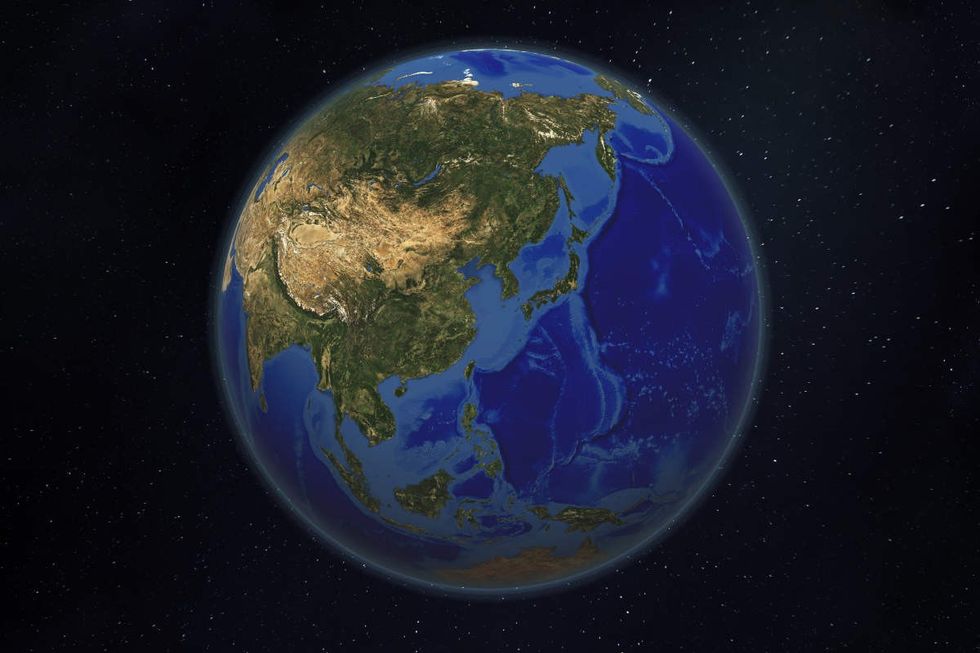
Gravity functions like an invisible force field around Earth, pulling everything toward its center. From tiny pebbles to towering skyscrapers, gravity holds everything in place. According to NASA, “gravity” is the force by which Earth draws objects toward its center. The force of gravity keeps the planet intact in orbit around the sun. Gravity glows like an invisible magnetic field around Earth that pulls everything in its orbit toward itself. From the tiniest of pebbles lying on the ground to towering skyscrapers that stand tall and proud, it’s all because of gravity.
Gravity is the powerful force that holds everything together—the air we breathe, the water in the oceans, and the clouds in the sky. If gravity stopped, even for a second, it would trigger catastrophic chaos. In terms of physics, the disorder is referred to as “entropy.” Gravity helps to sustain the appropriate amount of entropy. But, according to the second law of thermodynamics, the entropy of an isolated system that is not in equilibrium, will tend to increase with time. And loss of gravity would also steal away the equilibrium of the planet as well as the entire solar system, thereby, prompting a cascade of entropy aggravation.
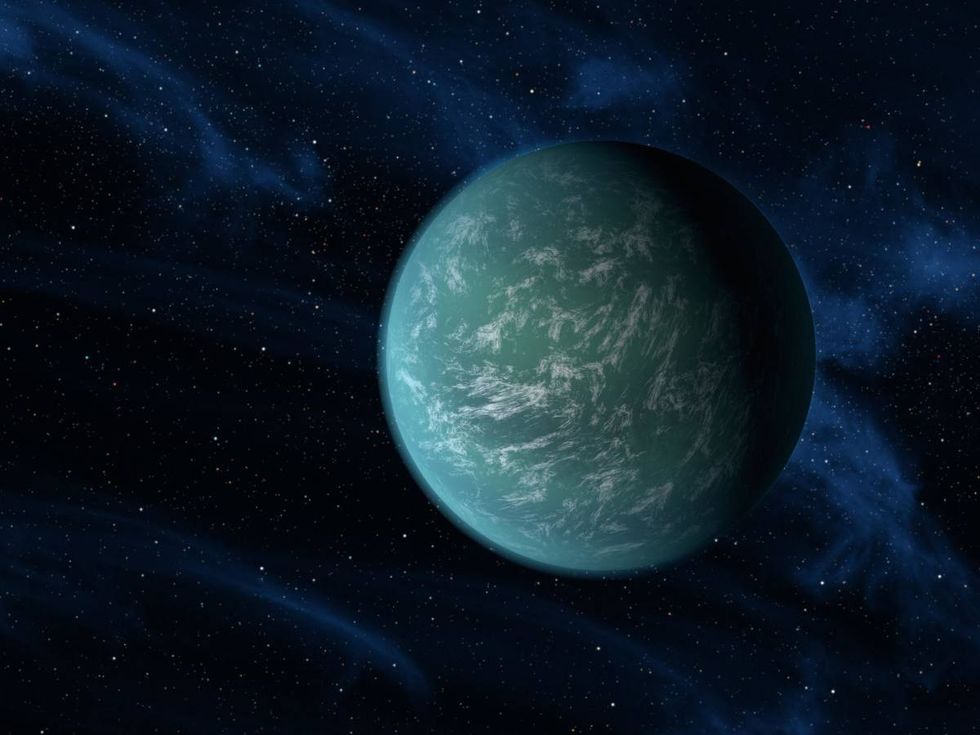
"The first thing you would notice would be the feeling that you're falling instantly," Philip Metzger, a planetary scientist at the University of Central Florida, told FOXWeather. "Everybody all over the world would feel like they're falling, even though they're not going to be falling. They're actually going to be rising off the surface of the Earth."
"You would feel like you were in a rollercoaster going down that first hill or in an elevator that suddenly drops because we're used to the feeling of gravity pulling all our blood and pulling our organs downward. And suddenly that would vanish," he added and further explained that the disconnect between the body and mind would trigger something that astronauts experience in space: puking. "The reason you throw up is because your body knows something is wrong," said Metzger. "A lot of people get sick in these reduced-gravity flights. And so, the old NASA aircraft, they called it the ‘vomit comet’ because a lot of people would throw up."

JAXA explains that when astronauts go into space, their bodies experience “space sickness,” which, as Metzger said, includes symptoms like headaches, nausea, and vomiting. Besides, since gravity helps to keep human bodies balanced, loss of gravity disturbs the balance of the body. Astronauts’ stomachs become bloated and their faces become swollen and puffy. Additionally, blood and other bodily fluids are also pulled upwards by the force of gravity. So when gravity is lost, bodily fluids start accumulating in the upper body, triggering several problems related to eyesight, bone density, and muscle mass. Many astronauts, when returning to Earth have difficulty in walking, standing, and regular movement.
Apart from environmental disorder and body imbalance, gravity would also cause the water in watercourses to rise towards the sky. "If gravity were to suddenly turn off, then all the water in the world would start to rise off the surface of the Earth," explained Metzger. All the water will be swept into the space. Soon enough, another problem would arise.
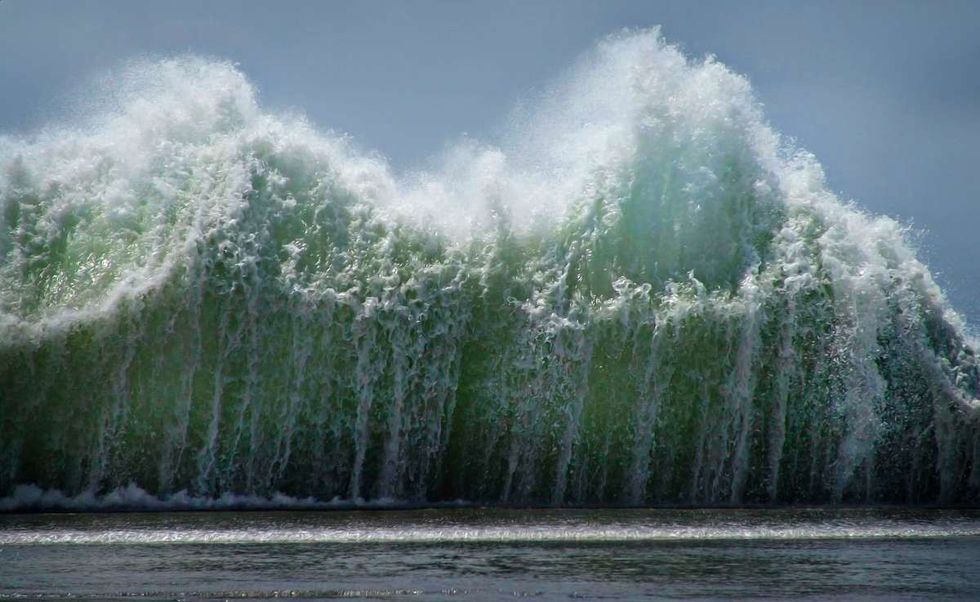
The atmosphere would start becoming thinner and thinner, said Metzger. "The air would be getting thinner and thinner, almost immediately," said Metzger. "You would feel the air sucked out of your lungs. Your ears would pop like you've gone up to a high mountain." A YouTube video furthers this phenomenon by explaining that all the atmospheric gases would get flung into space, out of Earth. So the pressure on Earth would begin to increase, which would tune out the humans’ inner ear, and eventually, all would lose consciousness. Metzger elaborated, "Within a rather short amount of time, the air pressure would become so low that we would lose consciousness."
Humans will vanish but the Earth itself would not spared either. Metzger said that the entire Earth would rip apart. "Earth is held into a round shape by gravity and the crust of the earth. These crustal plates are held down by gravity. So if the gravity disappeared, then as the Earth is rotating, those crustal plates would begin lifting off of the mantle of the Earth, and they would begin flying out into space as well."
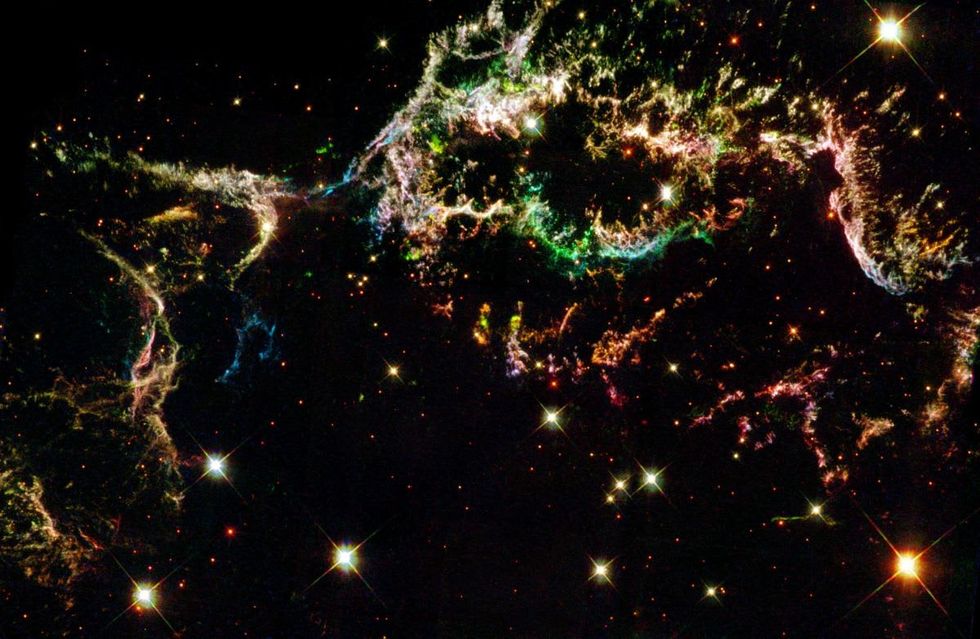
Given all these horrifying facts, the point of relief is that Earth is not going to lose its gravitational field anytime soon, and as for now, a gravityless planet is only a matter of science fiction. "It would be something that would be far bizarrely beyond everything we've known about physics," said Metzger. "But for fun, you know, you could imagine these things".


















 Representative Image Source: Pexels | Anni Roenkae
Representative Image Source: Pexels | Anni Roenkae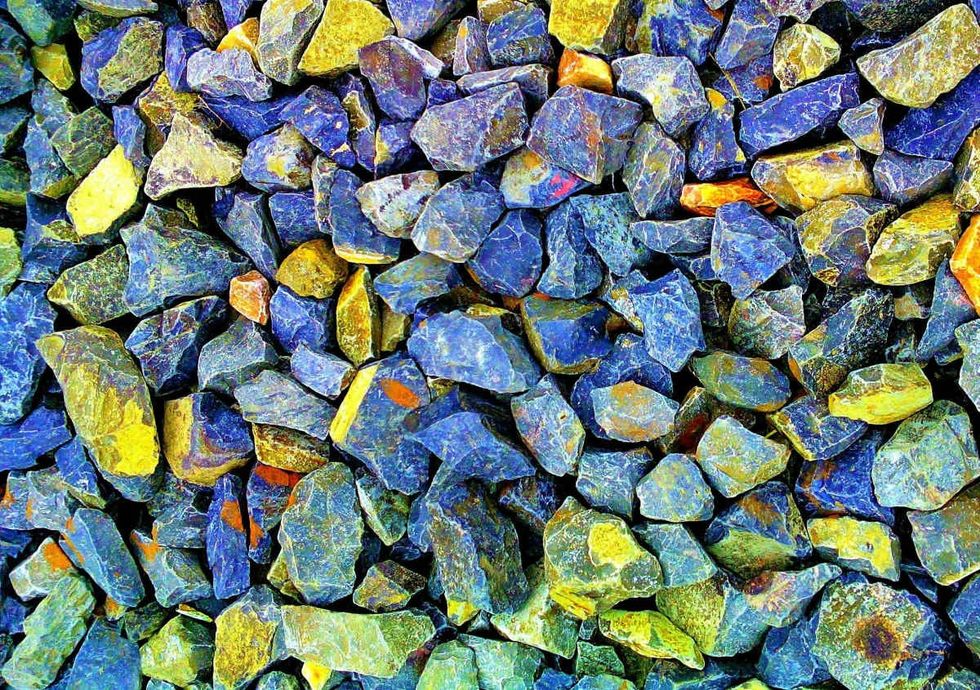 Representative Image Source: Pexels | Its MSVR
Representative Image Source: Pexels | Its MSVR Representative Image Source: Pexels | Lucian Photography
Representative Image Source: Pexels | Lucian Photography

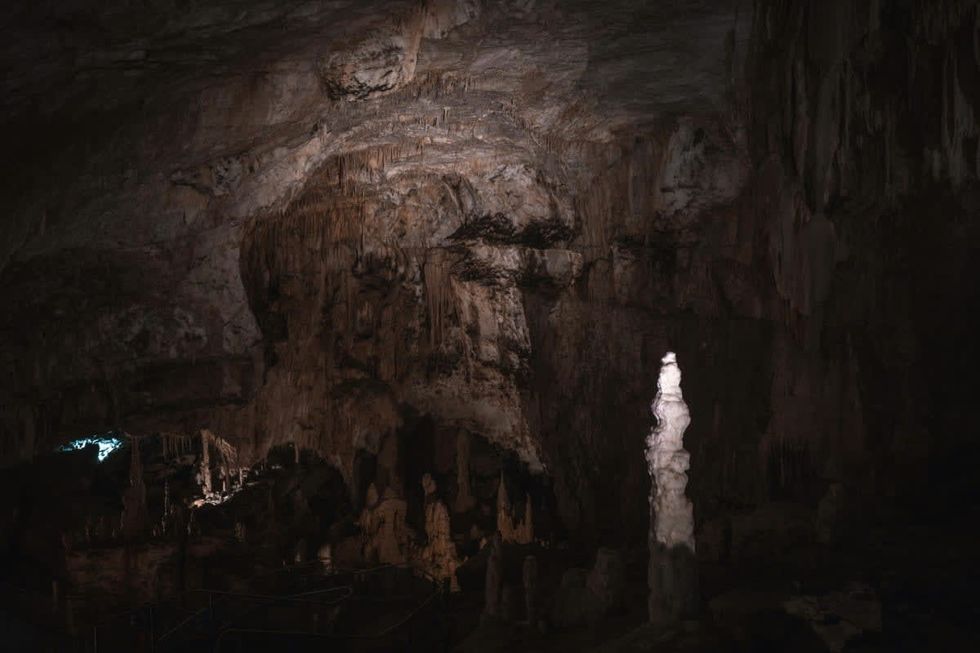 Representative Image Source: Pexels | francesco ungaro
Representative Image Source: Pexels | francesco ungaro Representative Image Source: Pexels | parfait fongang
Representative Image Source: Pexels | parfait fongang Image Source: YouTube |
Image Source: YouTube |  Image Source: YouTube |
Image Source: YouTube |  Image Source: YouTube |
Image Source: YouTube | 
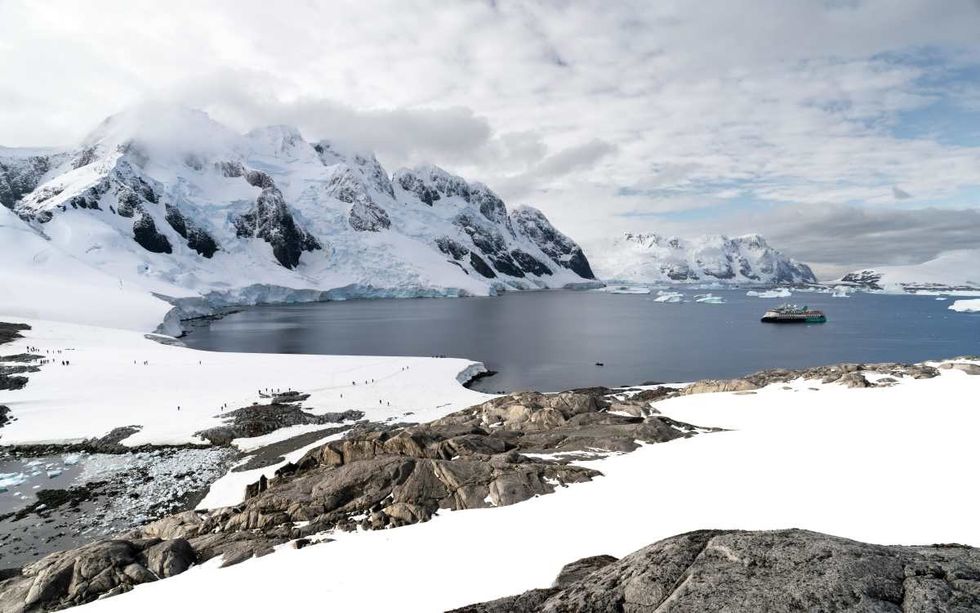 Representative Image Source: Pexels | Hugo Sykes
Representative Image Source: Pexels | Hugo Sykes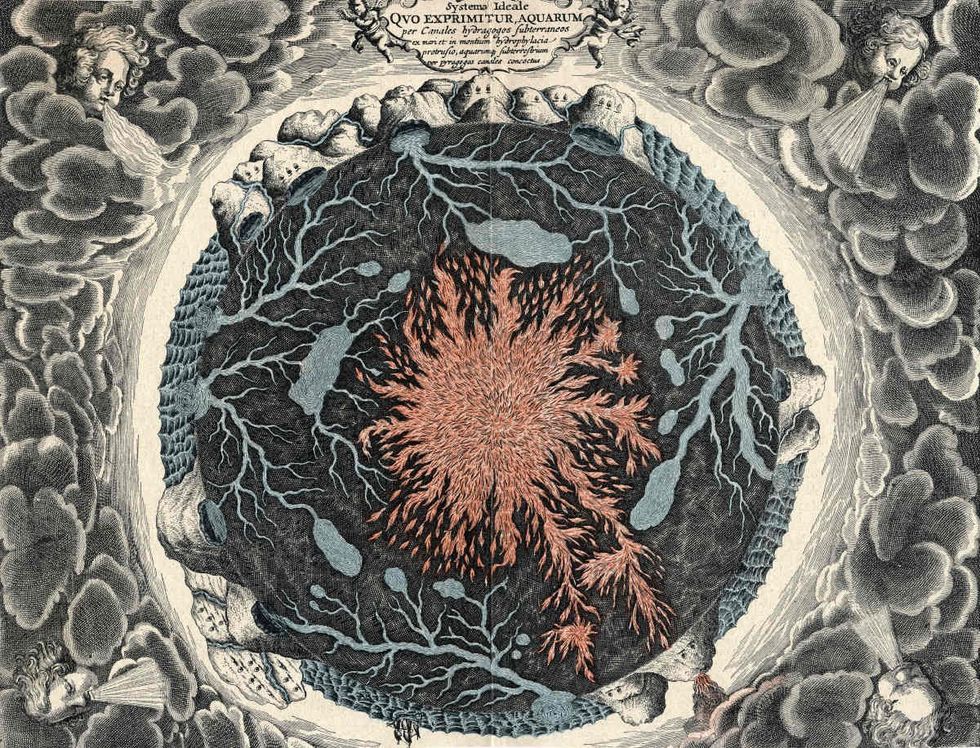 Representative Image Source: Sectional view of the Earth, showing central fire and underground canals linked to oceans, 1665. From Mundus Subterraneous by Athanasius Kircher. (Photo by Oxford Science Archive/Print Collector/Getty Images)
Representative Image Source: Sectional view of the Earth, showing central fire and underground canals linked to oceans, 1665. From Mundus Subterraneous by Athanasius Kircher. (Photo by Oxford Science Archive/Print Collector/Getty Images)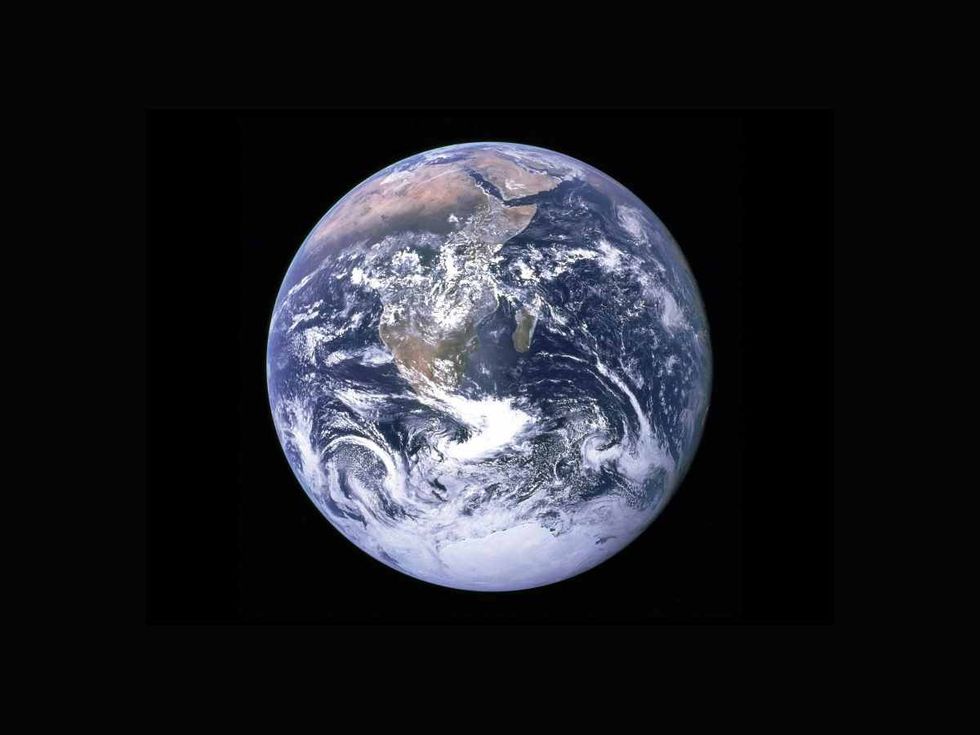 Representative Image Source: Pexels | NASA
Representative Image Source: Pexels | NASA

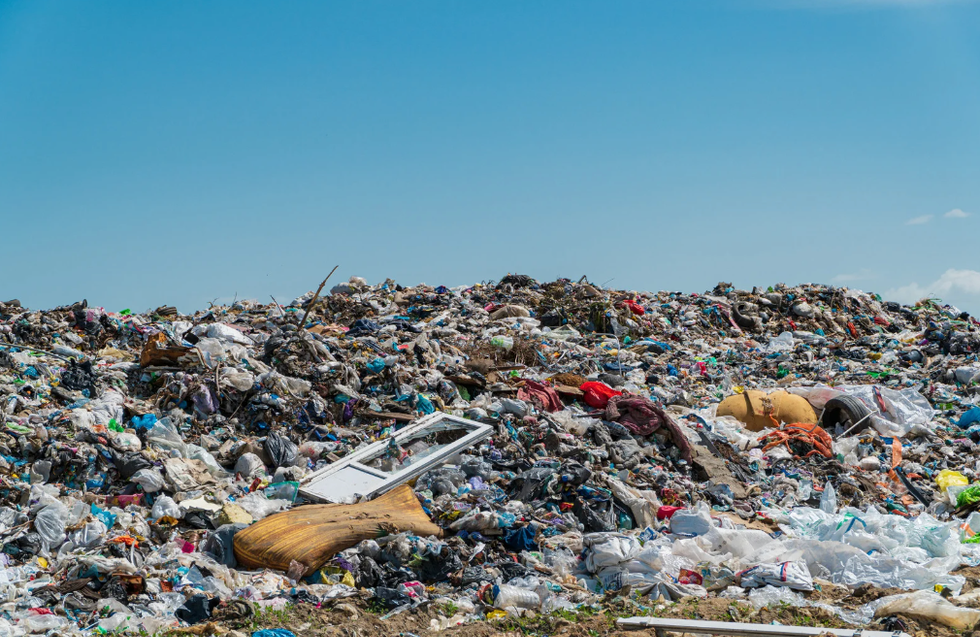


 Representative Image Source: Pexels | Steve Johnson
Representative Image Source: Pexels | Steve Johnson Representative Image Source: Pexels | RDNE Stock Project
Representative Image Source: Pexels | RDNE Stock Project Representative Image Source: Pexels | Mali Maeder
Representative Image Source: Pexels | Mali Maeder
 Photo: Craig Mack
Photo: Craig Mack Photo: Craig Mack
Photo: Craig Mack